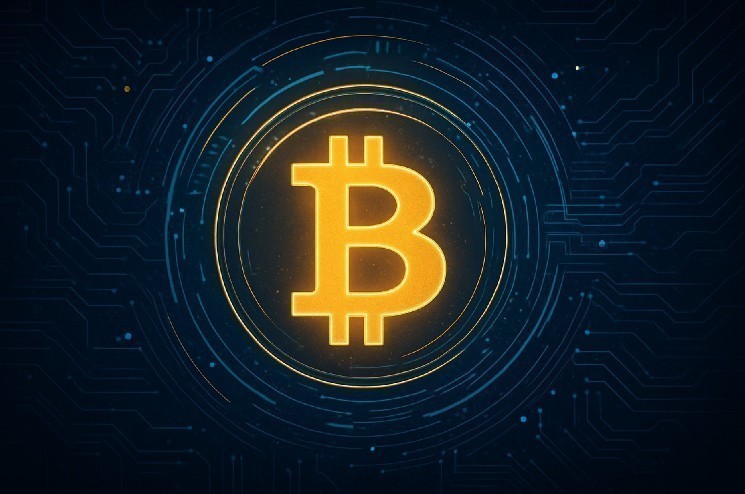- Africa is fast catching up to the Web3 economy, with Kenya, considered a third world country, lined up first.
- Bitcoin is beginning to take hold in Kiberaslam, Nairobi, thanks to Afribit.
In Nairobi’s vast Kibera Slum, one of Africa’s most dense and underserved urban settlements, unconventional solutions are instilled in Kibera Slum. Bitcoin (BTC), a decentralized digital currency, offers its residents a new path to financial inclusion that traditional banks simply don’t reach.
Work at Kibera is being driven by Afribit Africa, a Nairobi-based startup that is about to begin financial access to places where banks rarely reach. Started in early 2022 by former community organizer Ronnie Mudawida and his team, the project uses Bitcoin as a practical tool for everyday empowerment, not as a fast one, but as a grassroots experiment.
In an interview with the BBC, Ronnie Mudauda explained that Bitcoin’s job at Kibera is not just the individuals who have it. The merchant was also willing to accept it as a payment. “For merchants to exist, they also needed people who were willing to accept Bitcoin as a payment option,” he said.
For him, Bitcoin is not a foreign idea parachute into the community. It is a system that makes sense in the daily lives of Kibera residents.
Local shopkeeper Ruth shared her experiences.
As a merchant, I began to accept Bitcoin. Many people here in Kibera are now using it to pay for everyday things, and it works for us.
Why Bitcoin and why Kibera?
What makes Bitcoin so appealing with Kibera is how easy it is to use. All you need is a smartphone and a digital wallet, a document, an official ID, or no bank account. This is a big deal in communities where many people are locked out of traditional banking and mobile money services like M-PESA.
M-PESA itself becomes expensive and the higher the fees increase as transfers grow. In contrast, Bitcoin transactions, especially on the Lightning network, are mostly free. It’s also safer. Where you can carry cash, keeping your money in your digital wallet reduces the risk of theft.
Several trash collectors at Kibera say they put 70-80% of their savings into BTC.
Kibera’s advancements are promising, but experts warn that wild price fluctuations in Bitcoin could be particularly at risk for low-income users with little room to absorb losses. Plus, everyday obstacles like unreliable internet, frequent power outages and high cost of high-quality smartphones limit how far these programs can reach.
There are also regulations issues. The upcoming Virtual Asset Service Provider (VASP) bill, 2025, could prove to be a turning point. It focuses on money laundering anti-money laundering (AML) and counter-terrorism financing (CTF), which are part of Kenya’s efforts to decline the Financial Action Task Force’s “Greylist.”
However, some experts, like Nairobi-based blockchain analyst Rosellyn Wanjiru, are worried that the government is in the wrong balance. “If taxation and compliance levels are ahead of growth,” she warns.
Kenya could be the last place virtual asset service providers want to set up their shop.






